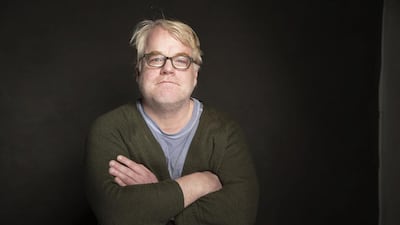On February 2, 2014, Philip Seymour Hoffman died.
He was the first performer I called my favourite actor and, since his death, I've never picked another.
In the more than 20 years he shared his talents with the stage and screen, Hoffman showed an uncanny ability to mine the depths of his characters – often strange, lonely, misanthropic or neurotic – to find corners of humanity that others would never dare.
In the 1990s, he was the scene-stealing supporting actor in films such as Scent of a Woman, Boogie Nights, Happiness and The Talented Mr Ripley, and by the 2000s, he was readily embraced as a leading man, never breaking under whatever weight was thrown on him.
By the time of his passing from reported combined drug intoxication aged 46, he was at the height of his powers and his popularity. He'd won an Academy Award for Best Actor in 2006 for Capote, and in his final years he rose to even higher heights, elevating blockbusters such as Mission: Impossible III and Hunger Games, and delivering an unforgettable turn in Death of a Salesman on Broadway.
I am far from alone in this. Those who loved him have never really moved on. It wasn't just because of his skill, it was because of the sometimes unbearable honesty of his performances. He let us all into his characters, himself and our own condition. Because of that, he feels like a friend of ours, even if we never met him. And I guess we just miss our friend.
These are 10 of his best performances, in chronological order.
Boogie Nights (1997)
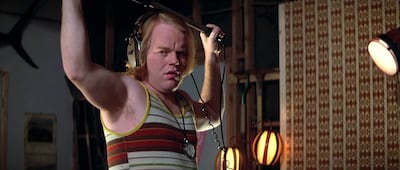
While Hoffman might have caught attention in the early and mid-90s with standout supporting roles in both indies and even blockbusters such as Twister, it was his remarkable turn in Boogie Nights as the film crew member Scottie J, a man obsessed with winning the approval of Mark Wahlberg's Dirk Diggler, that really showed his ability to create a truly pathetic person in every sense of the word, someone who you feel deeply for and repulsed by simultaneously.
The Big Lebowski (1998)
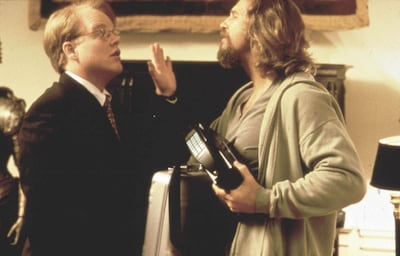
Gosh was this man funny. Playing perhaps the most uptight man ever put on screen, assistant to the "The Big" Lebowski Brandt, Hoffman showed here his ability to not only create a memorable man in limited screen time, but his ability to harness his unmatched physicality to become the ideal comedic foil for a character his opposite, elevating Jeff Bridges terminally laid back "The Dude" in every interaction.
Happiness (1998)
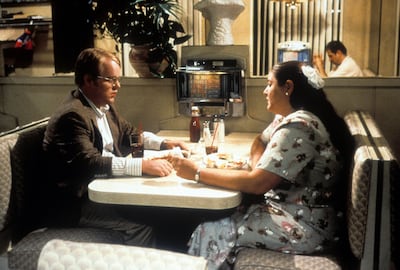
Perhaps the most disgusting character he's played in a film that's perhaps the bleakest and most disturbing comedy made, Hoffman's Allen in Todd Solondz's feature is both a monster and a coward, who is so pathetic at times that he becomes maybe the only character in the film you're still rooting for by the time it ends.
The Talented Mr Ripley (1999)
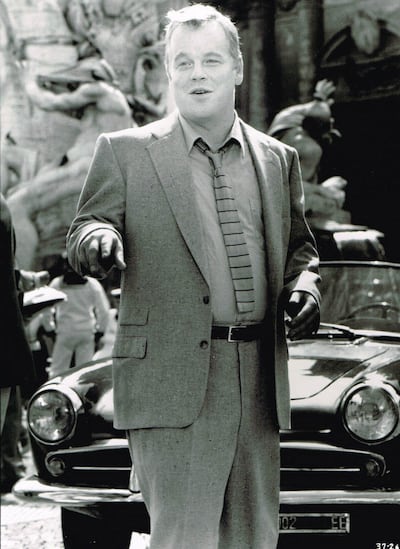
Hoffman was not just a master of the loser, unless you mean that in the strictest sense of the word. In Anthony Minghella's subtext-less adaptation of Ripley, the reputation of which grows with each passing Saltburn, he becomes a force of pure charisma, and a formidable foe for the titular character, at least until it's clear he's met his match.
Magnolia (1999)
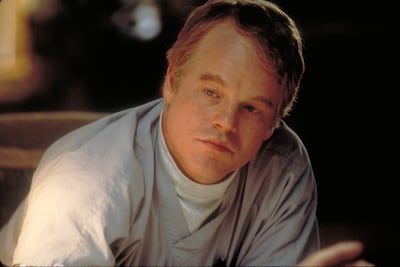
Teaming once again with Paul Thomas Anderson, the sprawling, Altman-like Magnolia is a film that gets better each time you see it, and Hoffman is the film's emotional anchor. Here, he's purely a force for good, a caretaker for a dying man who may be angelic in spirit but never feels ungrounded.
Almost Famous (2000)
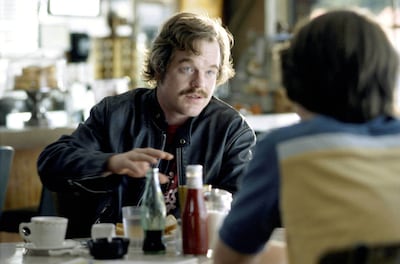
Be honest, and unmerciful. That's the advice that Hoffman's character, the legendary real-life music writer Lester Bangs, gives the film's protagonist, and it's also the advice that seemingly sums up his own approach to acting. Though I never met Bangs, it's hard to imagine that even the real man would feel as lived-in as Hoffman was here.
Punch-Drunk Love (2002)
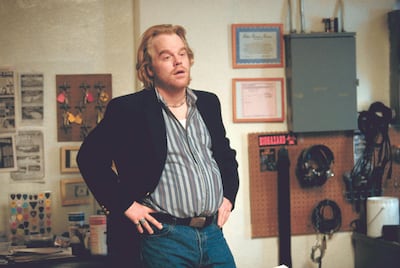
Hoffman could always play an antagonist you resent on the surface, but can never truly hate. His performance here, once again with Anderson directing, is brash and untethered, a perfect kind of child-like explosive masculinity, that is both one-of-a-kind and intimately familiar with the many out there like him, even at its most cartoonish.
Capote (2006)
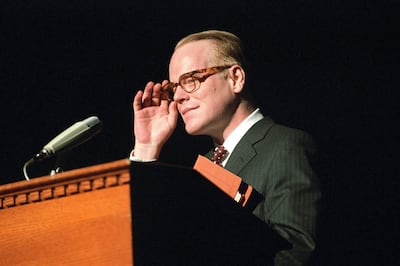
Here playing another real-life figure, this leading role is possibly his most widely acclaimed, as he embodied author Truman Capote in every frame, disappearing into a role like few can. And yet, this was no mere Oscar season flex, as the performance is still quiet and understated, with subtle line readings that will stay in your head ever after.
Synecdoche, New York (2008)
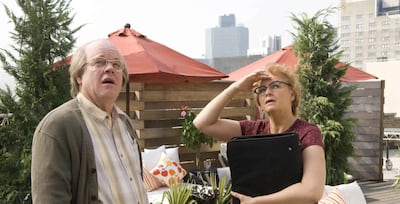
When writer Charlie Kaufman, who gained fame for his ingenious screenplays for Being John Malkovich, Adaptation and Eternal Sunshine of the Spotless Mind, decided to finally take the director's chair for his most ambitious work yet, there's only one actor on earth who could have lived up to all he wanted this character to be. Luckily, he found him in Hoffman.
The Master (2012)
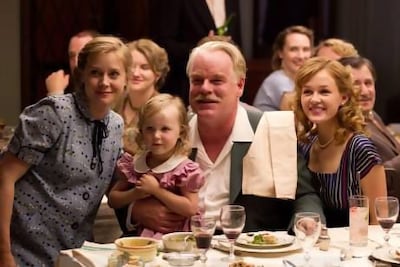
This is his most bombastic performance, and also one of his most compelling. Supposedly playing a loose version of the creator of Scientology L Ron Hubbard, Hoffman is commanding and terrifying, while still managing to imbue him with enough layers that make him inscrutable. If you're anything like me, this one may be your favourite, as long as it's also the most recent one you've watched.
